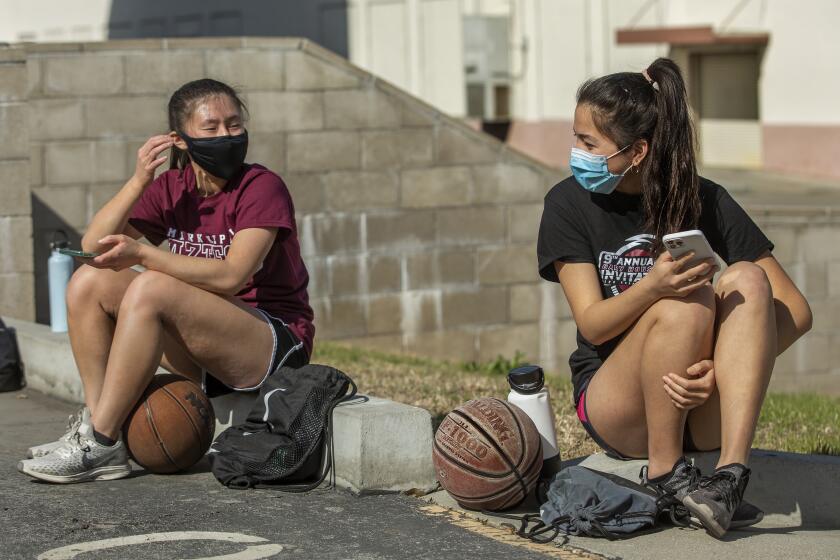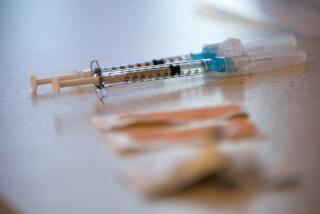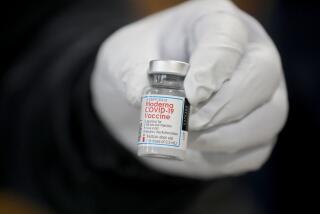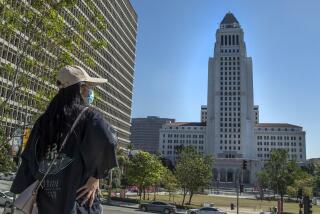San Francisco airport becomes first in U.S. to require COVID-19 vaccinations for workers
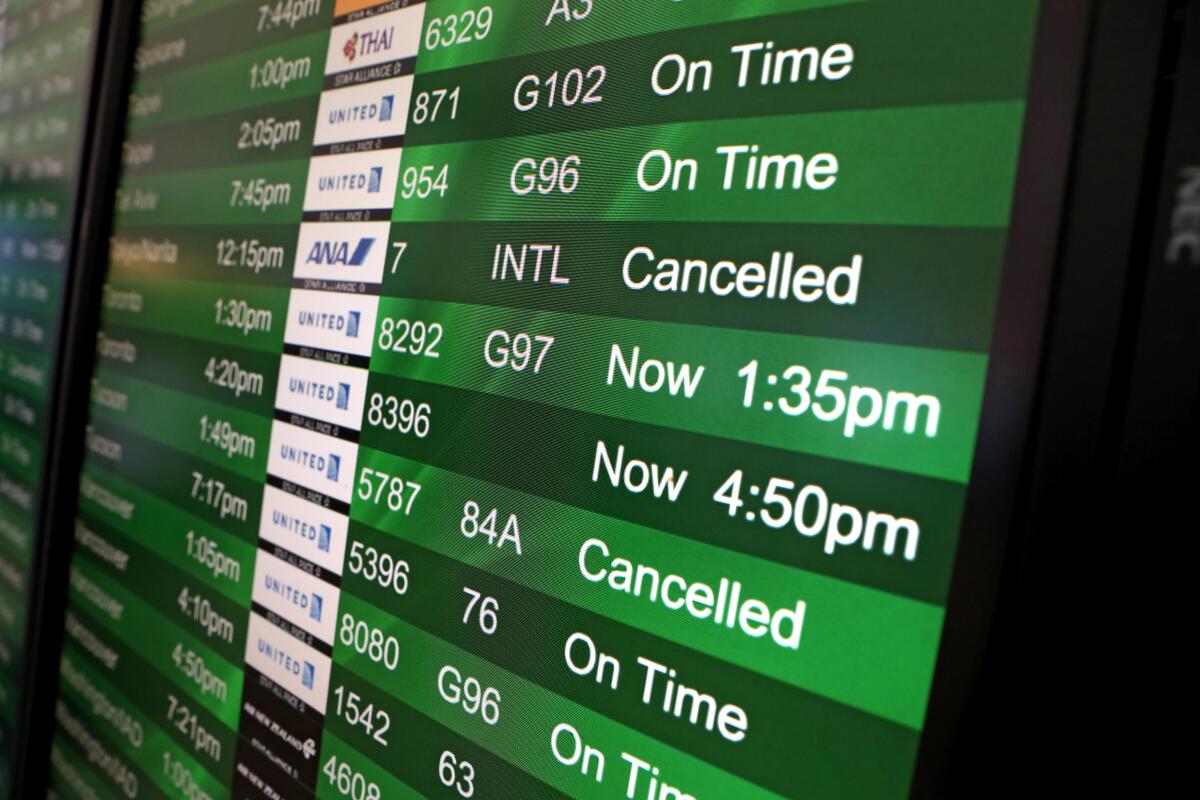
San Francisco International Airport is now requiring all workers to be vaccinated against COVID-19, the first airport in the U.S. to implement such health requirements.
“As SFO prepares for the upcoming holiday travel season and the return of pre-pandemic passenger levels, we have an obligation to provide a safe airport facility for the traveling public and our on-site employees,” airport director Ivar C. Satero said.
The requirement, effective Tuesday, obligates all tenants and contractors at the airport to ensure their on-site workers are vaccinated. Those who are exempt for medical reasons or because of religious beliefs must submit to weekly testing for the coronavirus.
Airlines and contractors will have to report regularly on the status of vaccinations, and fines may be imposed for those who do not comply, according to a statement released by Mayor London Breed.
San Francisco already requires city workers to be vaccinated. Late last month, the city notified workers who refused to disclose their vaccination status that they faced 10-day suspensions.
While California has not reinstituted sweeping restrictions, the state and many local health departments have taken steps to tackle the Delta variant.
San Franciscans are among the most vaccinated in the state. According to The Times’ tracker, 80% of residents are at least partially vaccinated for COVID-19.
The airport offers free vaccines at the SFO Medical Clinic in the International Terminal and onsite rapid testing for the virus. An average of 500 travelers are tested at the airport daily.
“This new requirement supports our aggressive measures to protect the health and safety of our region,” Breed said, “and our continued economic recovery. I want to thank SFO for their continued leadership protecting our city and its visitors.”
More to Read
Sign up for Essential California
The most important California stories and recommendations in your inbox every morning.
You may occasionally receive promotional content from the Los Angeles Times.
